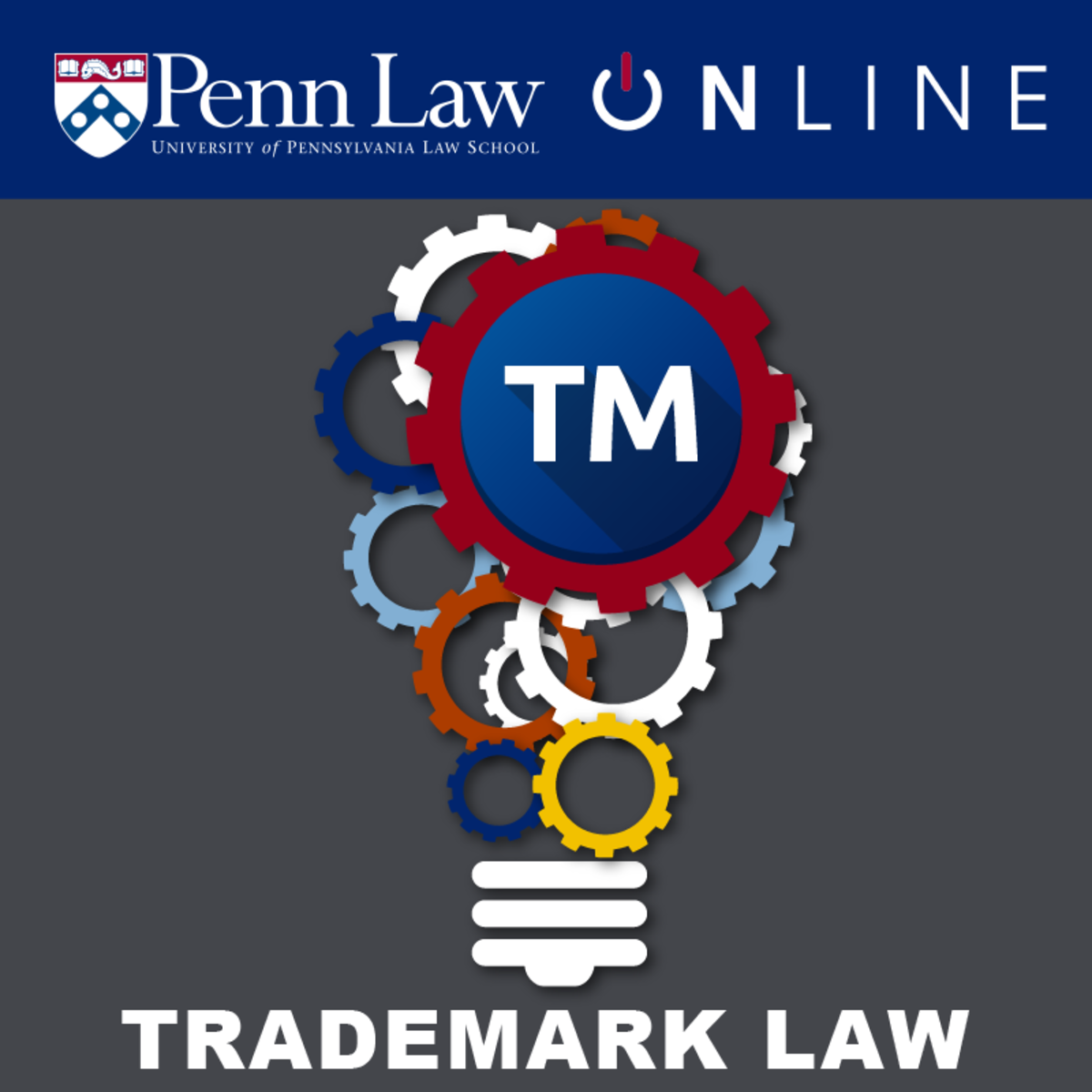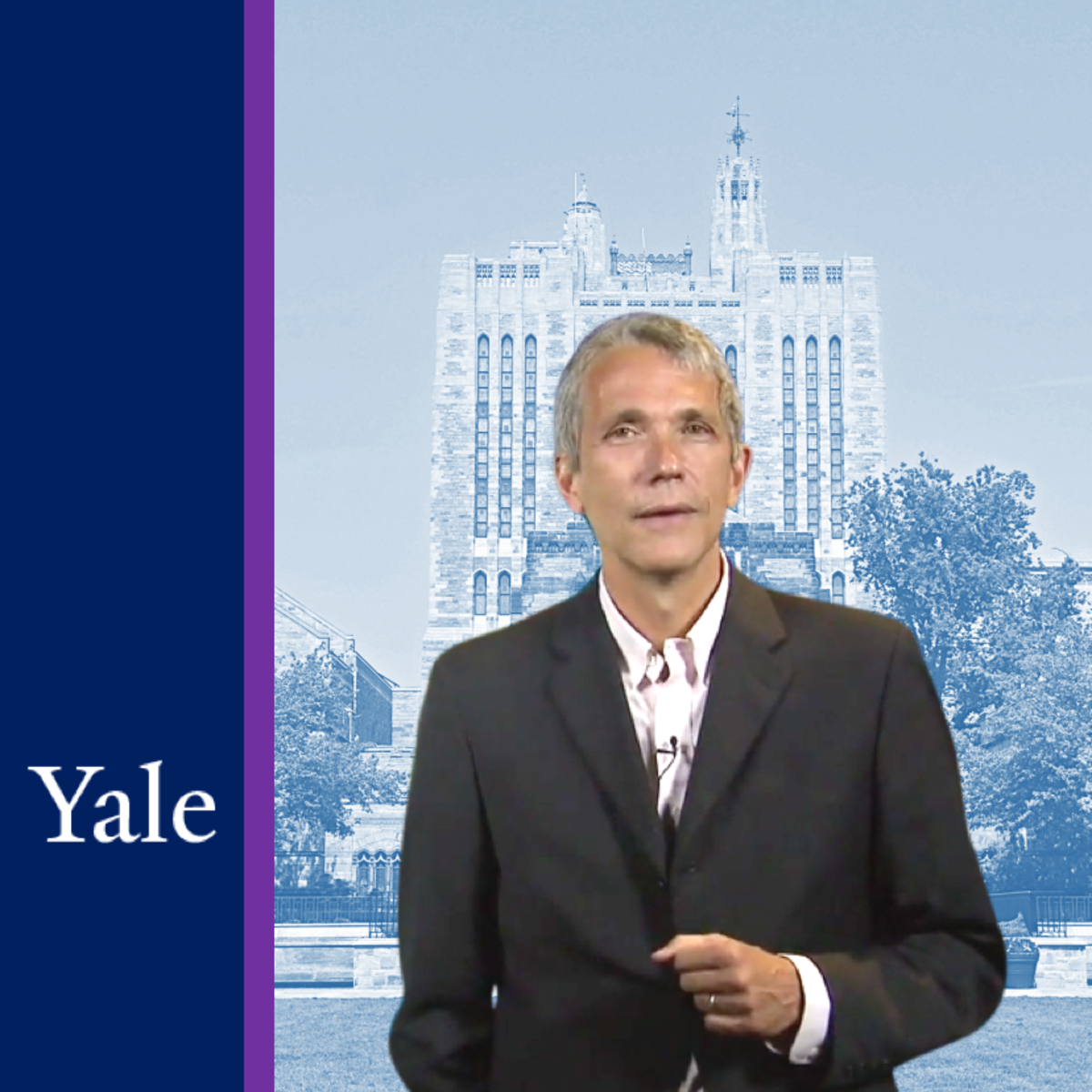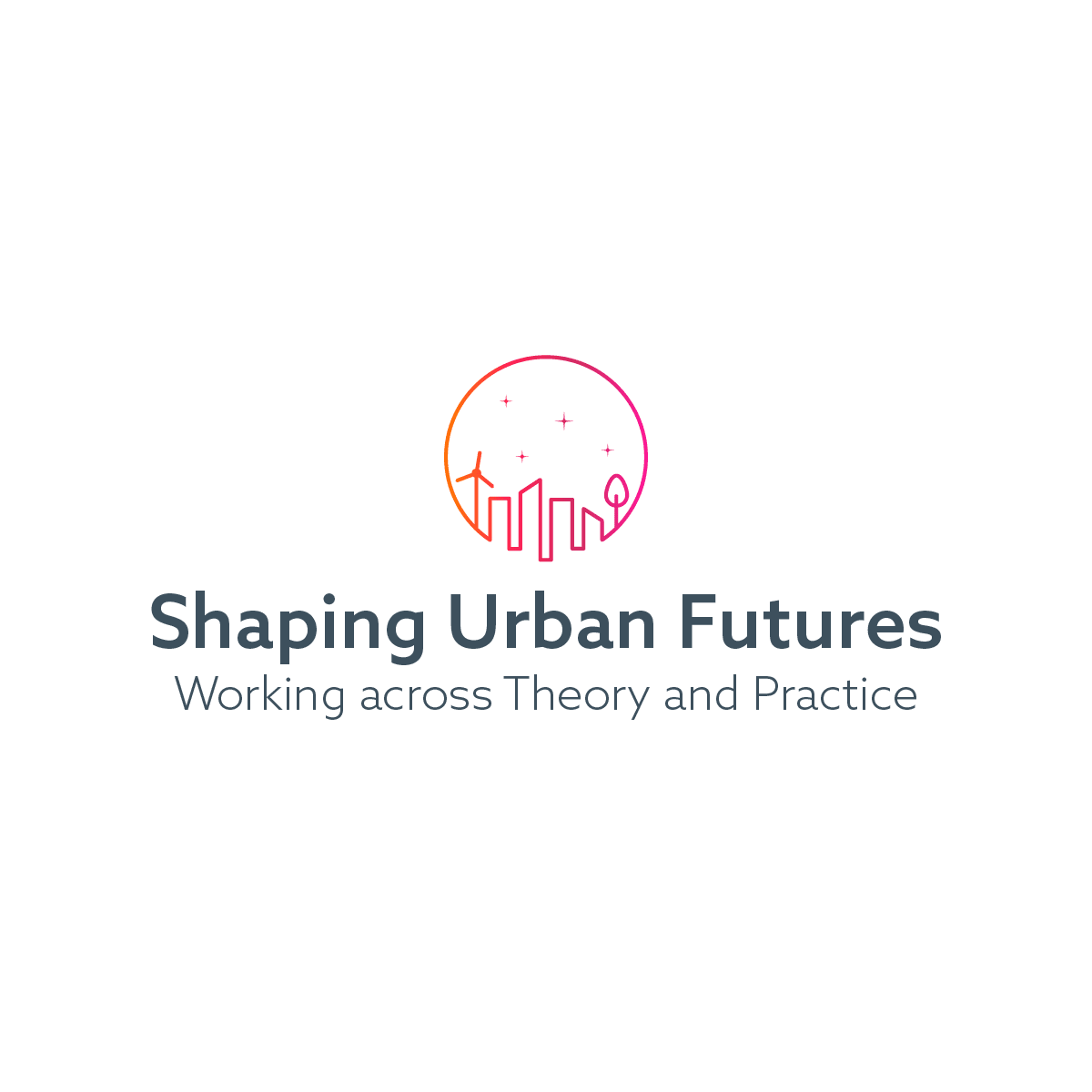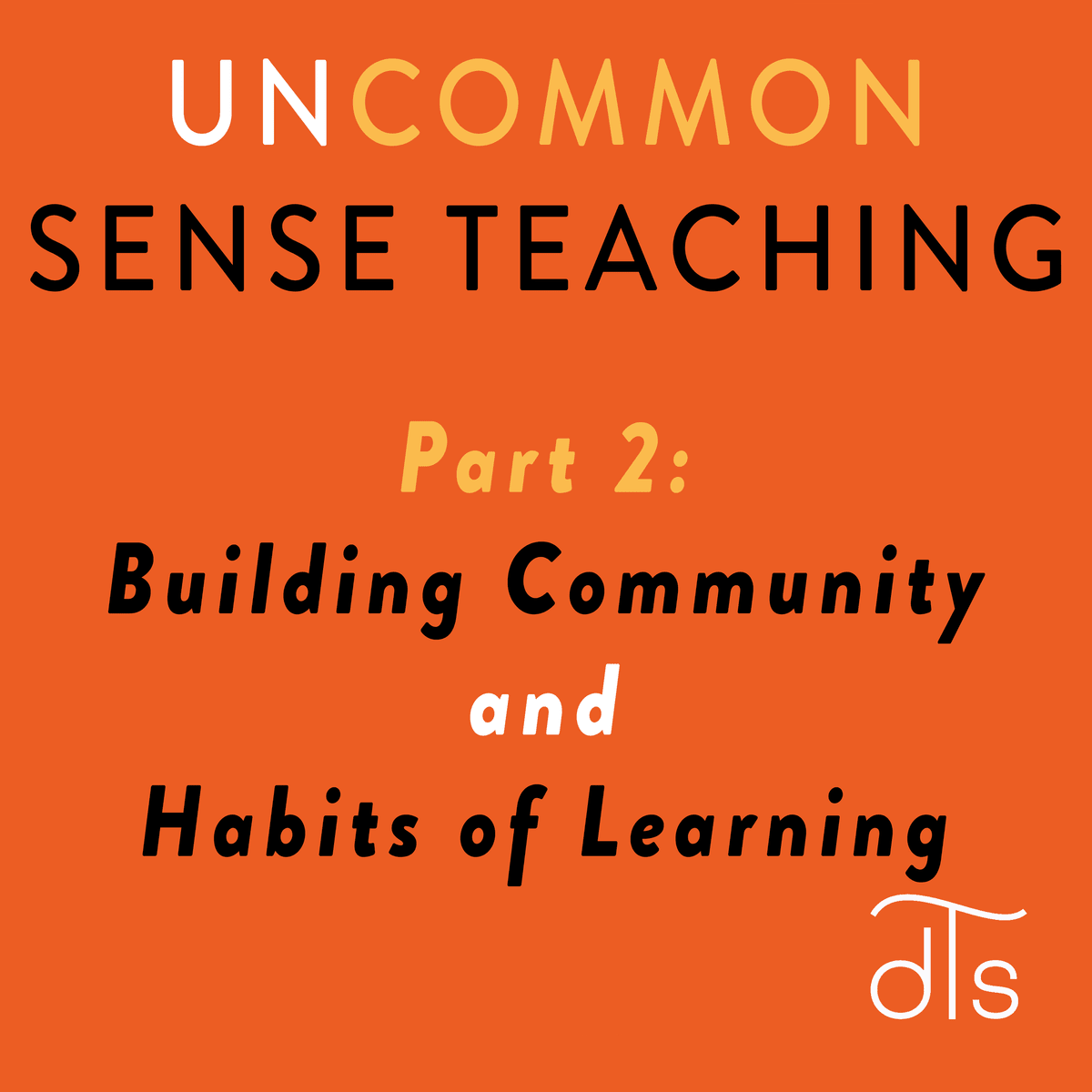Back to Courses









Social Sciences Courses - Page 46
Showing results 451-460 of 672

Trademark Law
The protections afforded under trademark law have created incredible value in intangible assets, with the value of the world’s most valuable brands such as Amazon, Apple and Google each exceeding $100 billion. But what exactly is trademark law, and how is such enormous value created?
This course examines the fundamentals of U.S. trademark law and the ways in which the manufacturers of various products and services can establish and protect their identities and the identities of their products in the marketplace.
We will explore the purpose of trademark law, identify the different types of trademarks, including names, designs, logos, and trade dress, and explore strategies for choosing and protecting strong, potentially valuable trademarks. We will also discuss strategies for strengthening descriptive marks, and lay out the steps for filing for federal trademark protection. Finally, we will address how to design an ongoing maintenance strategy to protect, extend, and maximize the value of trademarks, and discuss strategies for responding to possible trademark infringement.

A Law Student's Toolkit
Whether you are an advanced law student looking to review the basics, or an aspiring law student looking for head start, this course will help you build the foundation you will need to succeed in law school and beyond. This course will introduce you to terminology, concepts, and tools lawyers and legal academics use to make their arguments. It will help you follow these arguments—and make arguments of your own.
This course consists of a series of short lectures and assignments. A reading list complements each lesson, providing you with a roadmap to help you explore the subject matter more deeply on your own. Although the lessons may cross-reference each other, they are modular in nature: you should feel free to approach them in whatever order fits your schedule, interests, and needs.

Shaping Urban Futures
If we are to make sense of the future of humanity, we must understand the future of the city. For some scholars the 21st century globe will see the most significant change of human history - the move of most of the world to live in cities - a planetary urbanism that has changed the way we live globally, the way we organise ourselves economically and the impact humanity has on our environment in an age that we consequently now describe as the Anthropocene.
Most of the urban growth on the planet will be in the global South and this is where we concentrate the attention of this course, drawing on the work of a five-year programme known as PEAK Urban, involving a collaboration of researchers from China, Colombia, India, South Africa and the United Kingdom.
The PEAK Urban programme aims to aid decision-making on urban futures by:
• Generating new research grounded in the logic of urban complexity;
• Fostering the next generation of leaders that draw on different perspectives and backgrounds to address the greatest urban challenges of the 21st century;
• Growing the capacity of cities to understand and plan their own future.
Shaping Urban Futures aims to demonstrate how complementary research projects have applied the PEAK Urban framework – Prediction, Emergence, Adoption and Knowledge – to uncover interrelated issues of health, climate change, migration and informality in places that will face the biggest challenges from rapid unplanned urbanisation.
This course consists of 6 modules, with an Introduction and a Closing module sandwiching 4 core modules. Each module involves around 5-6 hours of learning. To get the best out of the course, learners are encouraged to view all the video lectures and conversations, go through other learning material, work on all the assignments and assessments, and participate in discussions in a constructive and respectful manner.
By the end of this course, you will be able to:
• Recognise the new urban sciences that are driving our understanding of urbanisation across the world
• Examine carefully how we should understand how to trace, examine and explore the ways new social, economic and environmental changes emerge and reshape the working of the city
• Visualise how technological change is adopted, adapted and deployed differently in variable city contexts
• Understand how best to intervene in urban futures through sharing urban experiences and contributing to the coproduction of knowledge to enrich and strengthen knowledge exchange in cities
This course is designed principally for people working in cities who want to make a difference and for all urban scholars, from early career researchers to veteran urbanists and everyone in between. This course will also hopefully inspire workers in local government, community organisations and the private sector as well as urban scholars to build upon the experiences of a global network to develop their own methods and frames to view, interpret and define urban changes in their local geographies and contexts.

Faster Together, Enhancing the Recruitment of Minorities in Clinical Trials
This course aims to teach people how to enhance the recruitment of racial and ethnic minorities in clinical trials. Key topics include the importance of diversity in clinical trials, barriers and facilitators to participation in clinical research, community engagement, effective communication, educating about clinical trials, provider outreach, effective prescreening and enrollment, person-centered consent, and retention. Anyone with the potential to recruit can benefit from this course, whether working in a clinical setting or in the community.
The course is split into 8 weeks. You may work at your own pace and finish the course faster, if you would like. We encourage you to take the quizzes to help you learn the material. The course is free to enroll and take. You will be offered the option of purchasing a certificate of completion, which you will receive if you successfully complete the course requirements. This can be an excellent way of staying motivated! Financial aid is also available.
Acknowledgments:
We would like to acknowledge the following members from the Center for Knowledge Management at Vanderbilt University Medical Center for their expertise and ongoing insightful contribution in the development and implementation of the course: Sheila Kusnoor, PhD, Elizabeth Frakes, MSIS, Helen Naylor, MS, Mallory Blasingame, MA, Taneya Koonce, MSLS, MPH, and Nunzia Bettinsoli Giuse, MD, MLS.
We would also like to acknowledge ArtMagic Labs, particularly Casey Culver, John Martinez, and Robert Eva, for their outstanding work in filming and editing the videos for the course.
The Recruitment Innovation Center and members of the Meharry-Vanderbilt Alliance lead the efforts behind the Faster Together project. Together they have led the development of this training.
This work is supported by the National Center for Advancing Translational Sciences, National Institutes of Health, under the award number U24TR001579.

Intelligence Tools for the Digital Age
Digital technologies are changing business, government and society worldwide. Clearly, they’re opening up new risks and opportunities for every sector of the world economy. Such “futurology” may offer you the big picture, but what does a digital world mean for you, personally? Will you be ready for an automated, AI-assisted, big-data-driven employment future?
This course provides you an answer to these questions, and it does so from a unique perspective: by introducing you to the world of intelligence analysis. First, this course explains some of the skills that will command a premium in the digital age, and why. Then, it offers you mental models and practical frameworks developed by the US intelligence community to give you a cognitive edge understanding the digital world. This edge is not about spying or secrets. It’s about better thinking. This analytic toolkit has nothing to do with tired, static MBA-style strategy frameworks. Instead, these tools to help you come to grips with the volatility, uncertainty, ambiguity and deception of the digital age. Ultimately, this course makes the case that as the world becomes more digital, your future success depends most of all on asking better questions of both yourself and others. Therefore, it teaches you how to adopt an intelligence analyst’s question-asking mindset. In short, take this course to acquire a sustainable business advantage through clearer, more structured thinking.

Uncommon Sense Teaching: Part 2, Building Community and Habits of Learning
In Part 2 of Uncommon Sense Teaching: Building Community and Habits of Learning, you will explore the following areas more deeply—helping you to connect with the latest insights into research and have fun while you are doing it!
• The hidden strengths of neurodiversity: Dyslexia, attention deficit hyperactivity disorder, autism, and
other syndromes that relate to learning
• The value of forgetting
• How to use habits formed by the procedural system to help you with classroom management
• Judicious use of rewards to motivate students (too many rewards can de-motivate)
• How to avoid educational fads
• The power of lesson plans
This is like no other course on teaching—it weaves late-breaking insights from neuroscience with personal insights from the classroom to provide unexpected, yet practical, new approaches. You’ll discover how to bring out the best from all your students in today’s diverse teaching environment, where students often have a wide range of abilities.
Uncommon Sense Teaching will take your teaching to a higher level for whatever subjects you teach, whether math, physics, literature, dance, art, or anything else; and whether you are teaching K-12, university, business, vocational, or at home.
Join us today to move into the new era of education!
The Power of Markets II: Market Structure and Firm Behavior
In order to maximize profits, firms must ensure that any given output level is produced at least cost and then select the price-output combination that results in total revenue exceeding total cost by the greatest amount possible. With this in mind, this second module of the Power of Markets course addresses how firms can most effectively convert inputs into final output and then covers determining the best price-output combination for a firm and how this varies depending on whether the firm is operating in a perfectly competitive or imperfectly competitive market setting.

Financing for Startup Businesses
This course will teach you how to manage a startup’s financing strategy, where you will learn how to build capitalization tables (or “cap tables”) in Excel. Cap tables will help you explore different financing strategies for your startup company and determine which financing decisions are best for your entrepreneurial venture. You will also learn about innovations in the digital space that allow new ways to finance entrepreneurial ventures. These include different forms of crowdfunding, and alternative credit scoring mechanisms based on web-based data.
This course concludes with a module featuring cutting edge research from Duke University’s Fuqua School of Business on the financial technology industry. In this module, you will learn how financial technology companies are disrupting the credit
scoring industry by developing new methods for credit scoring using consumers’ digital footprints. In addition, you will explore how financial technology platforms have introduced new, experimental forms of financing, such as crowdfunding.

Emerging Trends & Technologies in the Virtual K-12 Classroom
Welcome to Emerging Trends and Technologies in K-12! This course will help you evaluate and implement technology in the most useful way within your virtual classroom setting. We will discuss the possibilities and challenges of using technology in fully online environments, although many of the ideas can be applied to blended and traditional environments as well.
This course is focused on emerging trends and technologies, specifically for K-12 instructors. Most of the content will be aimed at high school-aged students in the U.S., or ages 13-18 in other countries. Due to the nature of some of the internet-based technologies, young students are required to be 13 or older to participate. That said, many of the examples we discuss can apply to younger ages.
This course is focused on virtual education. In other words, blended or fully online teaching and learning experiences. Nevertheless, you can apply the concepts to a traditional class, adult education, and higher education. Lastly, please note that many of the examples will be U.S. based.
Upon completing this course, you will be able to:
• Define educational technology's role in supporting the virtual environment.
• Identify and evaluate existing and emerging technologies for virtual course instruction or curriculum development.
• Use collaborative learning tools to design and assess learning activities.
• Use game-based strategies to deepen student engagement in virtual courses.
• Research, evaluate, and employ open content in virtual education.
• Debate the role of MOOCs in virtual K-12 education.

Trading Algorithms
This course covers two of the seven trading strategies that work in emerging markets. The seven include strategies based on momentum, momentum crashes, price reversal, persistence of earnings, quality of earnings, underlying business growth, behavioral biases and textual analysis of business reports about the company.
In the first part of the course, you will learn how to read an academic paper. What parts to pay attention to and what parts to skim through will be discussed here. For every strategy, first you will be introduced to the original research and then how to implement the strategy.
The first strategy, Piotroski F -score will be discussed in detail. You will be taught how to calculate the F - Score and how to use this score in a strategy. This is followed by the next strategy, Post earnings announcement drift (PEAD).
Popular Internships and Jobs by Categories
Find Jobs & Internships
Browse
© 2024 BoostGrad | All rights reserved